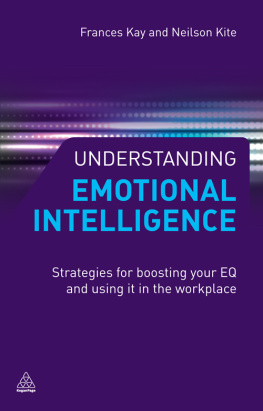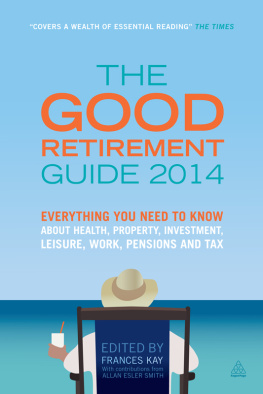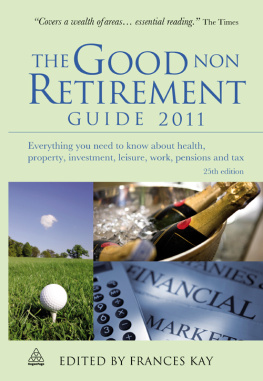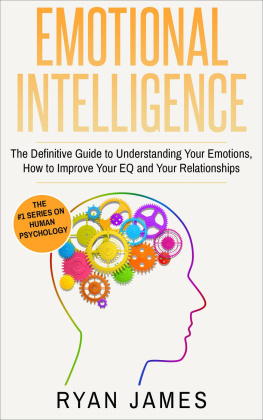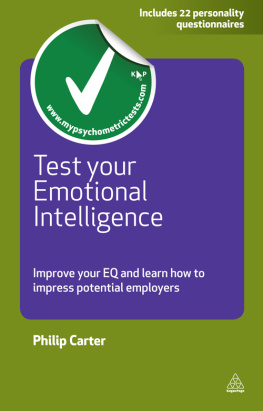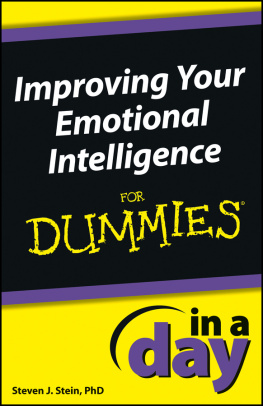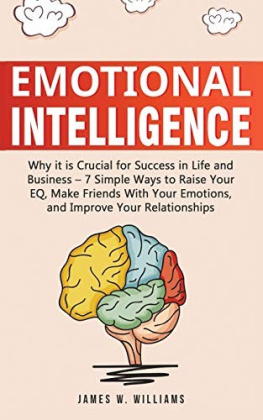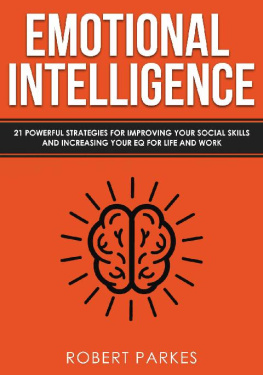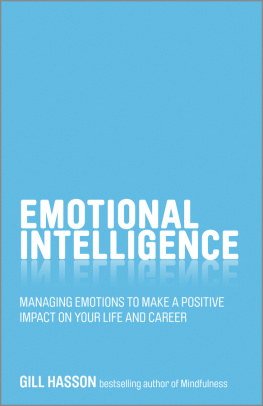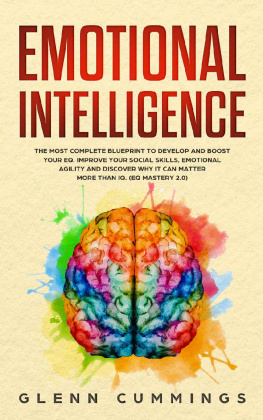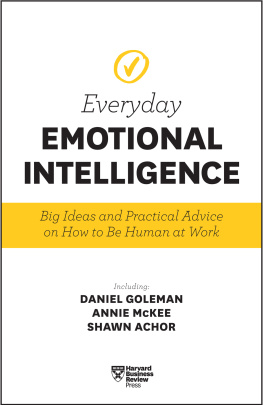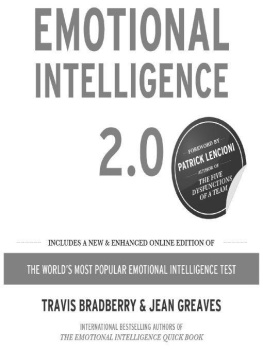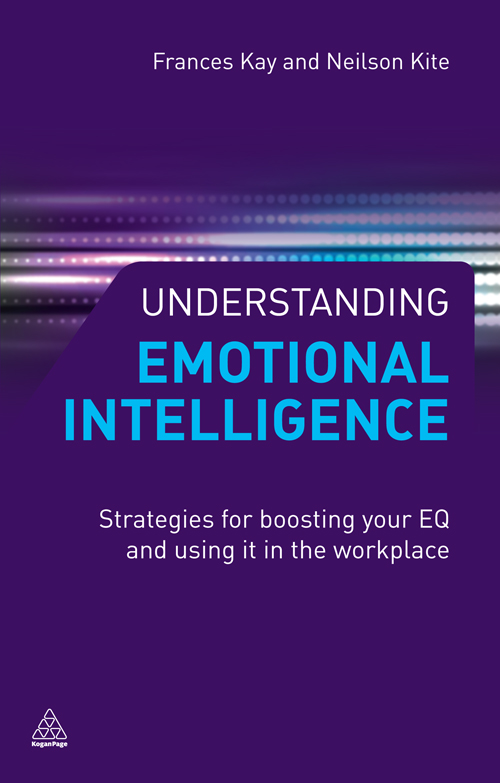Note on the Ebook Edition For an optimal reading experience, please view large
tables and figures in landscape mode. |
This ebook published in 2011 by
Kogan Page Limited
120 Pentonville Road
London N1 9JN
UK
www.koganpage.com
Neilson Kite and Frances Kay, 2012
E-ISBN 978 0 7494 5937 6
Contents
Neilson Kite is a management coach, mentor and consultant on business related topics and a regular speaker at national and international conferences on management, marketing and communications topics. He has been frequently published in the media and has undertaken groundbreaking work for the UNs International Trade Centre and the European Union on business-related projects. A director of a number of knowledge-based organizations and a consultant to high growth businesses, he was previously a teacher of English in the United Kingdom, East Africa and Sweden. He is currently a guest lecturer and mentor at the University of Gloucestershires business school and specializes in demystifying the issues and jargon that so often afflict academic and corporate life.
Frances Kay acts as a consultant to specialist firms, assisting them in establishing and developing corporate networks and relation ships for their business development. With many years work experience covering politics, the diplomatic service and law, the majority of her time is now spent writing, researching, editing and giving talks based on her book topics. With 25 books published to date, her area of expertise is career management and self development. Frances is editor of The Good Non Retirement Guide 2011 , and the author of Successful Networking , also published by Kogan Page.
They are the authors of Understanding NLP , also published by Kogan Page.
T he purpose of this book is to make the principles and practice of emotional intelligence more accessible to more people in the working environment. It is to help anyone who wants to improve the quality of his or her decision making. It is also to help improve the effectiveness of personal and managerial action. Although mainly focused on work performance, it applies equally well to other relationships and situations encountered outside work.
Understanding Emotional Intelligence is not specifically concerned so much with the detailed psychological theories of emotional intelligence as the application of that psychology to everyday circum stances. There is already a significant body of available literature that explores the physiology and debates the psychology of emotions in greater detail. We are seeking to illustrate the practical choices, decisions and outcomes of emotionally intelligent actions in an everyday and familiar context.
Its all about outcomes
Emotional intelligence provides an approach to situations and events that displaces a natural or emotional inclination with one that will lead to a better outcome. It harnesses a combination of intellect and emotional awareness to produce a better result than either would have done on its own. It also refers to the ability to recognize what we and others may be feeling. This enables us to manage ourselves and our relationships better and be motivated to do so.
In this regard it is a more reliable indicator of likely success than what has traditionally been measured as IQ or Intelligence Quotient. The emotional intelligence equivalent is now commonly referred to as EQ (Emotional Intelligence Quotient).
Through having a better understanding of emotional intelligence and the way EQ can be applied, you will be able to contemplate objectively the relative value of different options that are available to you. More importantly, you will make decisions that consistently lead to more positive and successful outcomes.
A study of 44 Fortune 500 companies by Hay McBer showed that high EQ salespeople produce twice as much income as the average performer. Computer programmers in the top 10 per cent of EQ competency are also said to be able to develop software three times faster. When revisited 40 years after PhD graduation, those who were good communicators and socially competent turned out to have done significantly better in their careers than those who had poorer interpersonal skills.
In every instance where role effectiveness is measured, those with better-developed emotional intelligence consistently perform better. It is important to note, however, that in some situations, a lower EQ need not be inferior to high EQ. Low EQ does not mean failure. There is, however, a correlation between those who fail and their lower EQ rating.
Emotions in the working environment
Emotions have taught mankind to reason.
VAUVENARGUES
How often have you heard people say Ive not said anything for the moment, but if she speaks to me like that again, shes going to get a piece of my mind?
Because so much of our life is spent working and we consistently have to interact with people not necessarily of our choosing, it is inevitable that there will be from time to time friction, trauma and spilled emotions.
The emotions we feel are more to do with stress than danger, hurt by criticism more than physical harm and indignation more than physical anger. At least we hope that is the case in our civilized society. We may have been told when young that sticks and stones may break my bones but names can never hurt me, but that does not make it any easier to cope with other peoples attitudes or behaviour.
In responding to situations, more than anything else it is about how you control your emotions more than they control you , and how you use an emotional framework when making choices and decisions, with or without other people.
Typically, one of the most common emotional conditions at work is stress. This may be caused by a mismatch between the perceived demands placed on you and your perceived ability to cope. The key words here are perceived and mismatched.
Why worry about what others think?
Quite often, the anxiety is about what others will think or say about you if you fail, it is not necessarily to do directly with the task in hand. If it happens that it is the task that is the issue and you genuinely do not have the resources, be they time, knowledge, skills and help, to achieve the desired outcome, then maybe the task should not have been embarked upon without having first sorted that out. (Was it emotionally intelligent to take it on in the first place?) Alternatively, there needs to be a different strategy to achieve success or to fail without dishonour and recrimination.
Research shows that the vast majority of people leave their jobs because of their boss . Many bosses were promoted to their job without having any training in leadership or management and believe their position confers on them automatic wisdom and intelligence sadly the cause of poor performance that might otherwise have been avoided.
Common areas of stress
There are also some occupations that are well known for being the cause of stress.
In the development of computer systems, for example, there is no point in promising a completion deadline that you are not certain of delivering against because of the unforeseens that will inevitably occur. By comparison, Christopher Columbus, when setting sail for the Americas, had no idea how long it would take, how much would be needed in the way of ships rations, what obstacles he would find on his way or what he would find if and when he arrived. If he had been asked to provide a timetable and costbenefit justification to his masters before setting sail, he might never have started.

